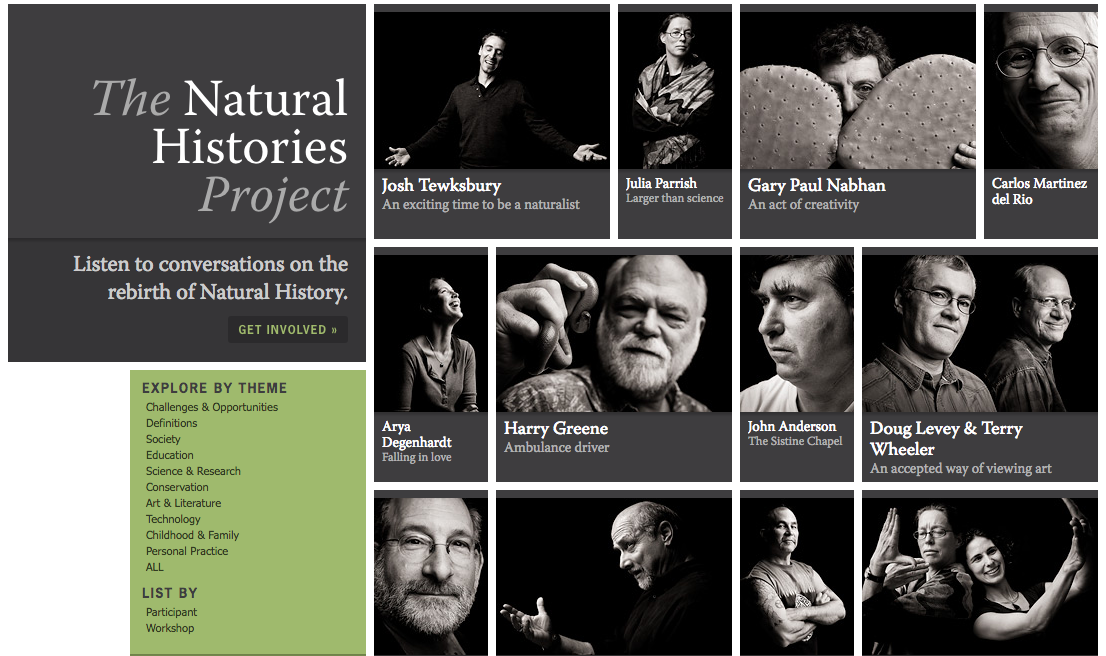YouTube has always been a treasure to me, not only for the cat videos and lip syncing masterpieces, but also for all the Asian American-generated content. The beauty and fashion bloggers like Michelle Phan and Jenn Im, the musicians like David Choi, AJ Rafael, and Clara C, and the personalities like KevJumba and NigaHiga - they all got their start on YouTube. These were the people I grew up watching when there weren't Asian American faces on any other media platform. Not only that, but these were Asian Americans in creative industries, which definitely wasn't something you could see in traditional media.
Wong Fu Productions, whose work I remember watching since the late 2000's, has a special place in my heart for their storytelling. It was a rare sight - Asian Americans making videos about Asian Americans and casting Asian American actors (what a concept!). It wasn't political content (although I would also argue that Asian Americans making creative content is already in itself a political act), it was just them telling stories about their lives, about love, friendships, sometimes funny, sometimes serious. Wong Fu would partner with other Asian American creatives and creators that I also loved, and it made YouTube feel like an alternate media reality that was my own little secret.
As I grew older and became more politically aware, I kept finding myself wanting for these influencers to also show that they were aware. I wanted them to talk about the 2016 presidential election, say that Black Lives Matter, and talk about their identity. At the same time, I acknowledge that it is their choice to decide what sort of content they produce.
I go back and forth between this all the time: Should public figures be responsible for speaking up against injustices? Especially for public figures from minority communities, should they be responsible for speaking up for their communities and being politically vocal in their content even when their usual content isn't political in nature?
I don't have an answer to that yet, but I am always glad and pleasantly surprised when these creators do bring up more political topics. For example, there has been a tag going around the beauty and fashion community talking about their experience Growing Up Asian American. Watching my favorite influencers talk about their relationship with their parents and feeling different in school was cathartic. I felt vindicated. I felt the presence of an entire community behind me watching these videos, and it also opened by eyes to our unique and sometimes heartbreaking struggles trying to make it in America.
This all brings me to Yappie: Wong Fu Productions' new mini series about Asian American identity. I was so excited for this launch, and the series didn't disappoint. It hit on some important subjects right on the nail: Racism within our community, Asian Americans straddling the privilege from the Model Minority Myth and discriminatory legislation, interracial dating, the invisibility of South Asians, Pacific Islanders, and Southeast Asians, and Asian American apathy and our role in supporting or hindering justice for black Americans.
"Yappie" gives me more clarity on my earlier dilemma. While I will always hope that and appreciate when content creators have a dialogue about politics, it is not their responsibility or burden to speak up through their work. We need all sorts of content. Funny content, content about makeup and fashion, music videos, etc. We need "Crazy Rich Asians", "Fresh Off the Boat", and we also need content like "Yappie." Not any one of these shows can fully explain the Asian American experience, and none of them should have to. Asian Americans are multifaceted, we have different experiences and have a variety of needs and values, and our content should reflect that.
Support and watch Yappie on YouTube (free episodes released weekly) and Vimeo (for $10 you can binge the entire series!).
Inspiration for this blog post: https://www.nbcnews.com/news/asian-america/after-decade-youtube-wong-fu-productions-still-has-story-tell-n881606



